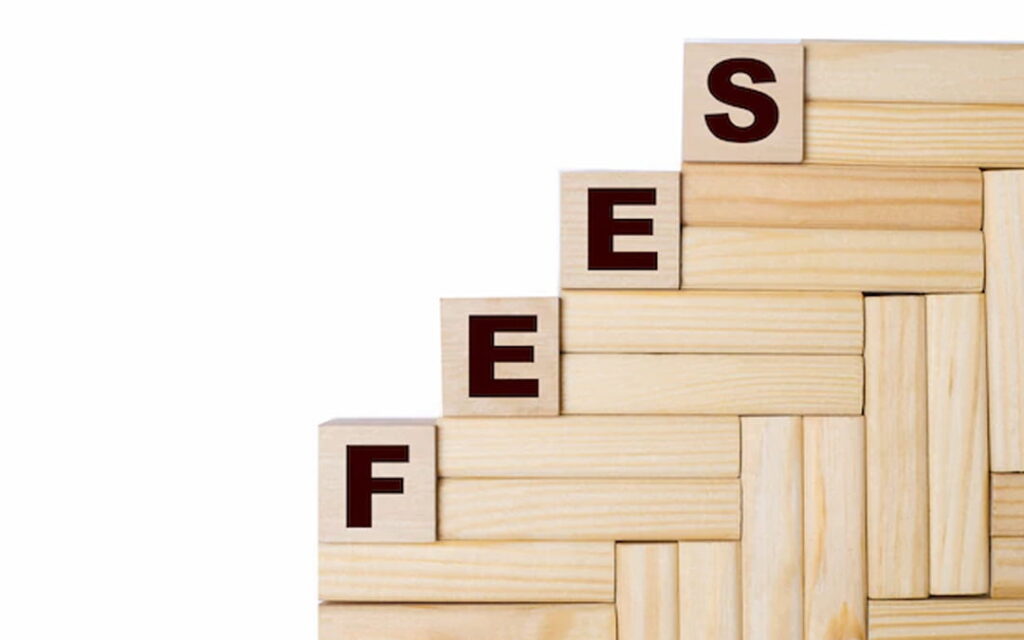I know power bills can be distressing. We are paying some of the highest power bills in the world right now. Things are tough and power retailers keep changing their pricing all the time. It is extremely challenging to keep a track of all that is changing (for the worse) in the energy industry.
With all this going on can you imagine finding an unknown charge on your bill? I don’t want to ask how that would make you feel because I know I would be furious to see something like that.
So, I thought I will list out a few charges to look out for.
After all, there is more to life than paying off expensive bills, right?
Here are the top 5 hidden fees you should look out for-
1. Paper Bill Fees
Paper is expensive and the logistics involved in transporting 'paper' from one place to another makes it even more expensive. If you receive your bill in the form of a paper bill, you are charged a certain fee by the retailer for receiving it by post. This fee can be up to $3 depending upon the retailer.
The best way to avoid this fee is by switching to eBilling or receiving the bill via email, this way you can circumvent these extra charges and also become environment-friendly!
2. Merchant Service Fees
It refers to the fee charged by a retailer/bank for paying your bills with a credit card. This is one of the most important fees that should be negotiated. This fee can be anywhere between 0.3% and 2% of the total bill depending upon the type of credit card you use and which retailer is charging it.
To avoid these added charges, see if you can pay the bills directly from your online banking portal, BPay or direct debit, instead of bearing the inconvenience of having to mail it yourself and paying postage fees.
3. Over The Counter Payment Fees
If you pay your bills over the counter at Australia Post, it may cost you $2 per payment (including GST).
The best way to avoid this fee is by paying your bills using BPay or direct debit, saving you the hassle of over the counter payments.
4. Late Payment Fees
This can be the most upsetting fee charged by the retailer for not paying your bill by the due date. The costliest, this fee is usually approx $10.
This is one fee you can avoid if you pay your bills on time. To be more organized and punctual and avoid such fees, you can set up the account with a direct debit, this way you can ensure that your bill will always be paid on time as long as there are sufficient funds in the nominated account.
5. Dishonor Fee
This fee is charged to you by a few retailers when you try to pay the bills by the direct debit account that has insufficient funds in it. The retailer might charge a dishonor fee usually between $10 to $20.
By ensuring that there are sufficient funds in your nominated account required for covering the bill amount, you easily avoid this fee. You can find this fee in the adjustment section on the front of the bill or the back page of the bill under all the charges.
Read More: Want real savings on your energy bills? Think beyond discounts and rebates!
CONCLUSION
These are some of the hidden charges to look out for but there can be quite a few other factors that would increase your bills too. As always, the easiest way to avoid the frustration is to talk to an expert. Compare energy rates and get a deal that best suits your needs.

